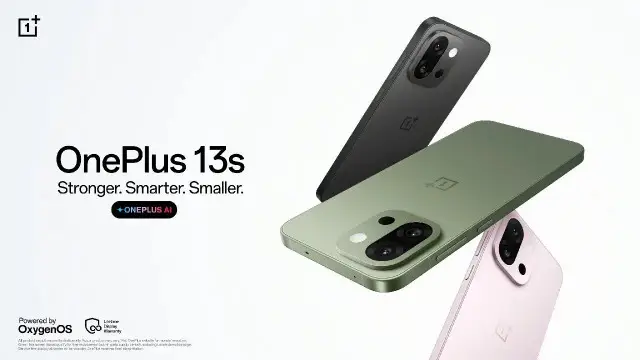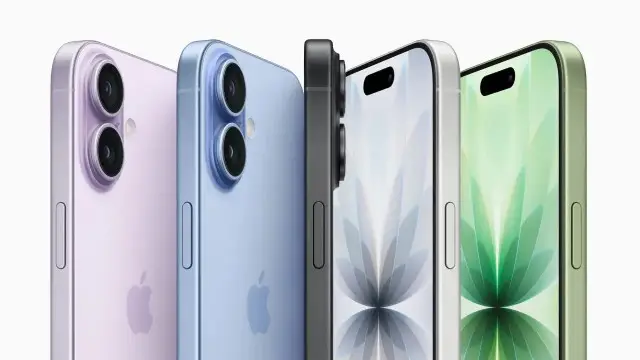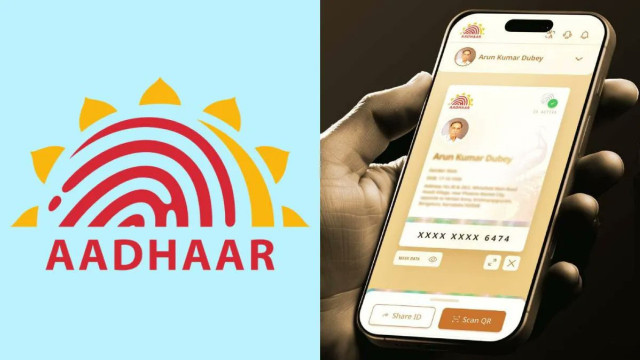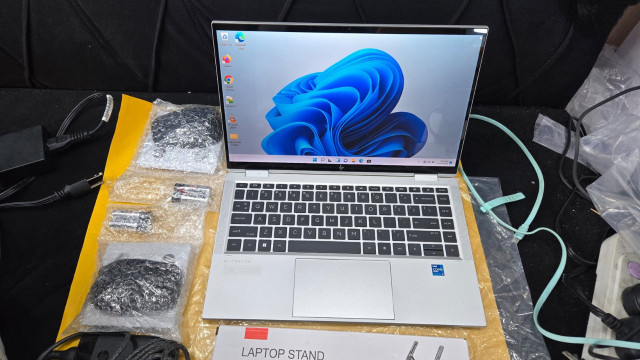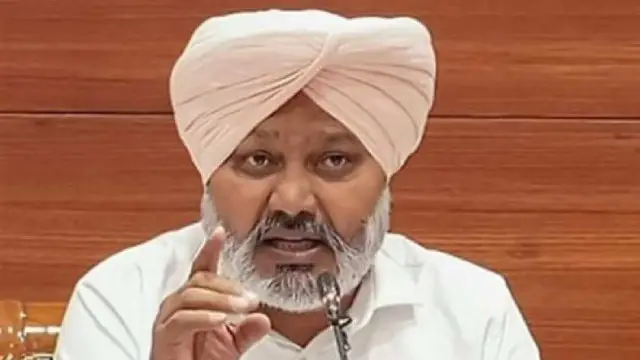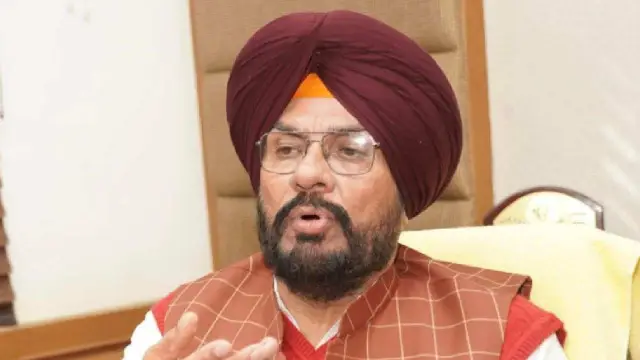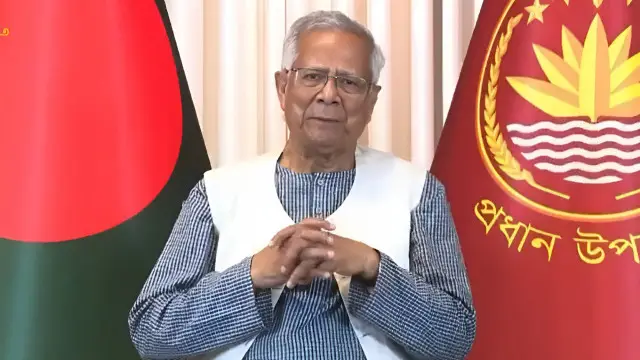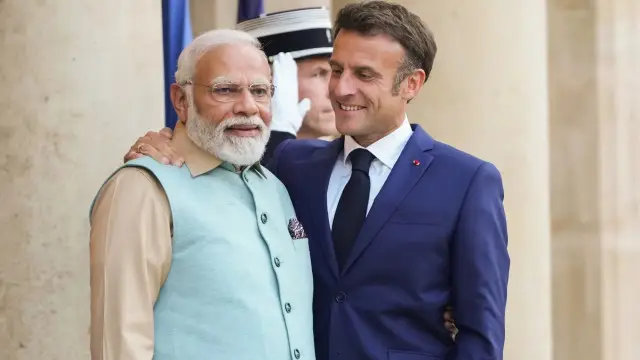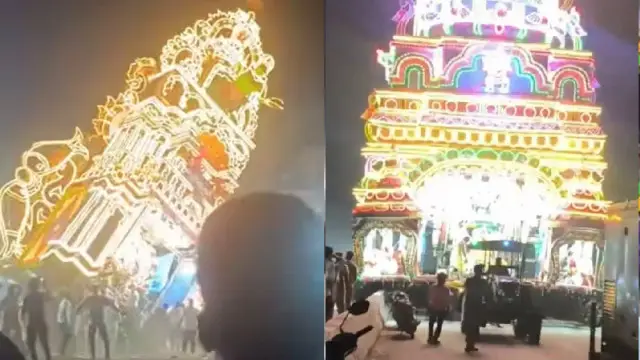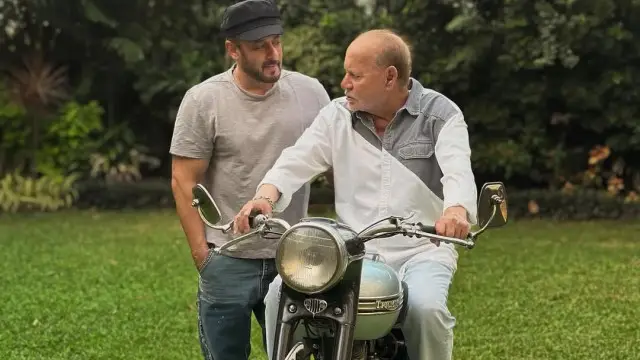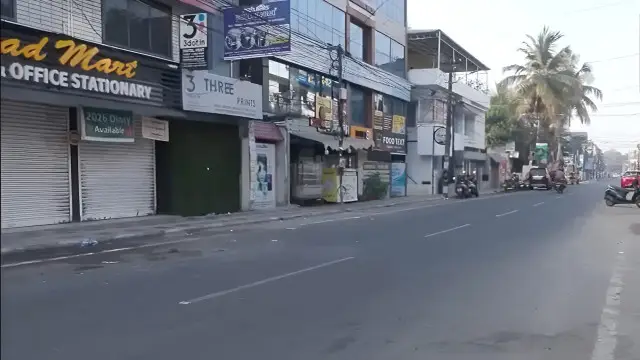Vinod Khosla Warns: AI to Take 80% of Jobs, Advises Students for Future Security
Billionaire Vinod Khosla predicted AI will replace 80% of jobs in five years, urging students to adapt skills. He foresees education and healthcare becoming nearly free within 25 years.
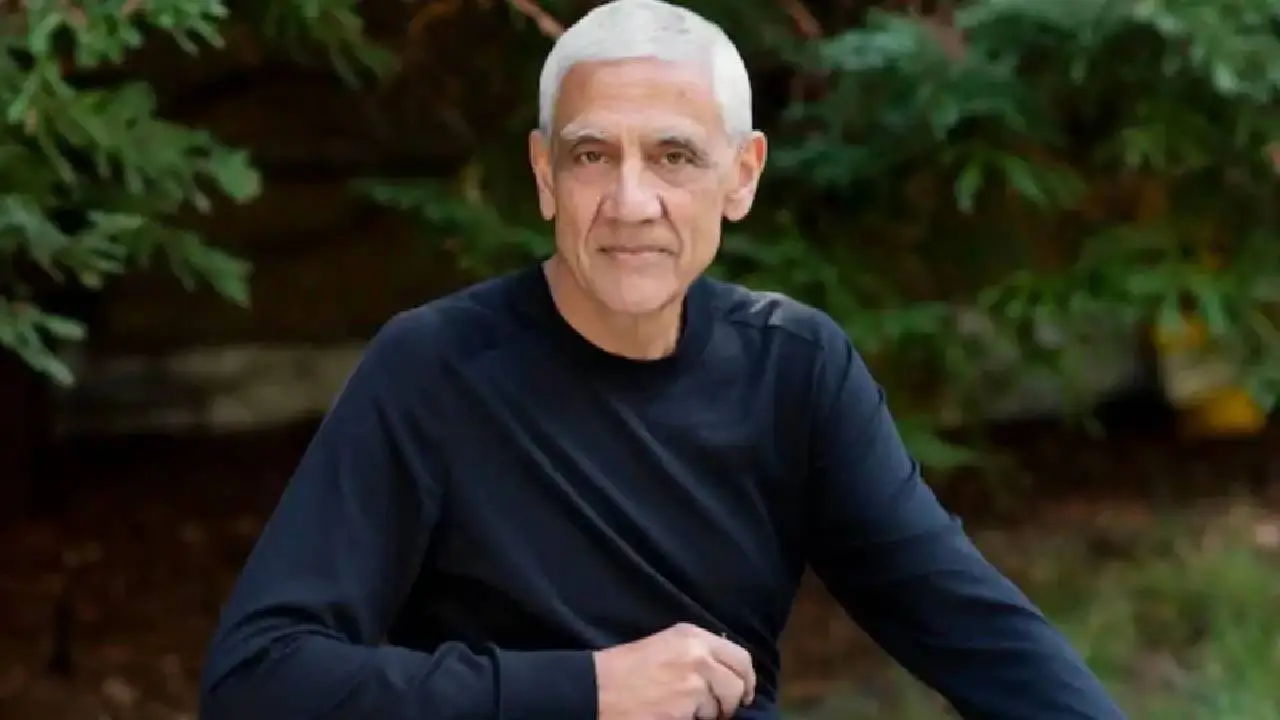
Tech News: Silicon Valley veteran and billionaire venture capitalist Vinod Khosla recently discussed the future of Artificial Intelligence (AI) on the 'WTF' podcast with Zerodha co-founder Nikhil Kamath. He predicted that AI could take over 80% of jobs in the next five years. While this sounds alarming, Khosla believes that this technology will also create new opportunities.
Khosla had earlier said in another podcast, “In the next five years, 80% of all the economically valuable work that humans can do will be done by AI.” He also claimed that by 2040, “the need to work will disappear. People will work because they want to, not because they have to pay a mortgage.” This statement was quoted by Fortune. “This will be one of the biggest changes humanity has ever seen. Most of the jobs you see today will be automated, but there will be a lot of new work to do,” he said in a conversation with Kamath.
Khosla offers advice for startups
Khosla advised young entrepreneurs to “pick a problem that is truly valuable to solve.” “Most people do something that looks like a business. I say, do something that looks like a dream,” he said, noting that in the age of AI, implementation will be easier.
Be a generalist, not a specialist
When Kamath asked whether students should specialize or take a broader approach, Khosla predicted that in the next 25 years, AI will make education and healthcare so cheap that they will be almost free. “Imagine a world where you get free medical advice like the best doctor and free education like the best teacher,” he insisted, emphasizing that AI will make the impossible possible.
Opportunities for small towns
Khosla believes that AI will decentralize opportunities. "AI will expand opportunities beyond big cities. Small towns, which previously did not have access to networks or education. Those people will benefit a lot." He told Kamath that this technology can bring unprecedented opportunities to small towns and bold thinkers.




